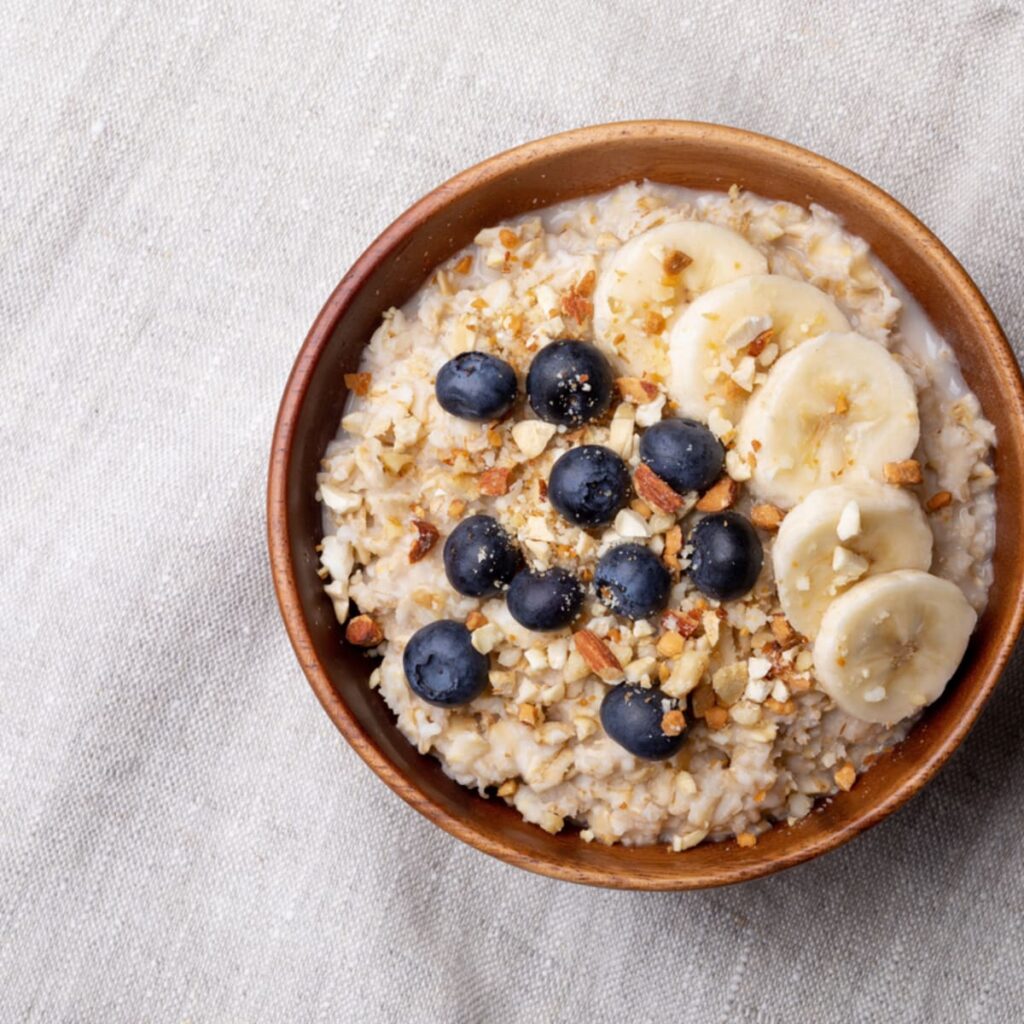Article by your elder sister ZARISH RAO
Research has shown that there is a strong relationship between gut health and mental health. Improving your gut health may have a positive impact on your mental well-being. Researchers at Harvard say:
“A troubled intestine can send signals to the brain, just as a troubled brain can send signals to the gut. Therefore, a person’s stomach or intestinal distress can be the cause or the product of anxiety, stress, or depression. That’s because the brain and the gastrointestinal (GI) system are intimately connected”
It is important to understand the gut-brain axis. The gut-brain axis means the communication network between the gut and the brain, which is regulated by the nervous system, hormones, and the immune system. Have you ever heard about gut feelings? You may have noticed that whenever you feel anxious, your gut starts behaving a certain way. For example, anxiety makes some people feel nauseous.
The gut contains trillions of microorganisms, collectively known as the gut microbiome, which is made up of various types of bacteria, which help to digest food, and produce certain hormones such as serotonin, dopamine, and GABA, which are responsible for regulating mood, anxiety, and other mental health in a human body. Research suggests that the gut microbiome may also be able to regulate these hormones.
Therefore, the gut microbiome may also have an impact on mental health.
Additionally, studies have found that individuals with certain gut related disorders, such as irritable bowel syndrome (IBS) and inflammatory bowel disease (IBD), are more likely to experience symptoms of anxiety and depression. This suggests that there may be a two-way relationship between gut health and mental health, where poor gut health can cause poor mental health, and vice versa.
So, what can you do to improve your gut health and, in turn, your mental health? Here are a few healthy tips;
1. Eating a healthy diet: A healthy diet includes right amounts of fruits, vegetables, meat, whole grains and low fat milk. A healthy diet may prevent you from many chronic diseases, such as heart diseases, diabetes and cancer. A healthy lifestyle along with a healthy diet plays an important role in improving overall gut health and a person’s mental health.
A diet high in fiber, fruits, and vegetables can help promote a healthy gut microbiome. These include Avocado, Raspberries, Chia seeds, Apples, Chickpeas, etc.

2. Probiotics: Probiotics are live bacteria and yeasts that are good for your health, especially your digestive system. probiotics prevent diarrhea and allergies and ensure proper digestion resulting as a good agent in weight loss. The good bacteria keeps your stomach healthy and thus, contribute towards a healthy mind. Consuming probiotics can help maintain a healthy gut microbiome. Some good sources of probiotics are yogurt, cheese, buttermilk, etc.
3. Reduce stress:

Stress can negatively impact gut health. Reducing stress through activities such as exercise, meditation, and deep breathing can be beneficial. Stress may also be avoided through physical activities and taking care of your surroundings. For some people for example, cleaning their homes may help in reducing stress.
4. Avoid antibiotics:

Antibiotics can disrupt the gut microbiome, so avoiding unnecessary use of antibiotics can help maintain a healthy gut. By taking care of your gut health, you may be able to improve your mental health and overall well-being.
If you want to get more information like this please click here and visit


